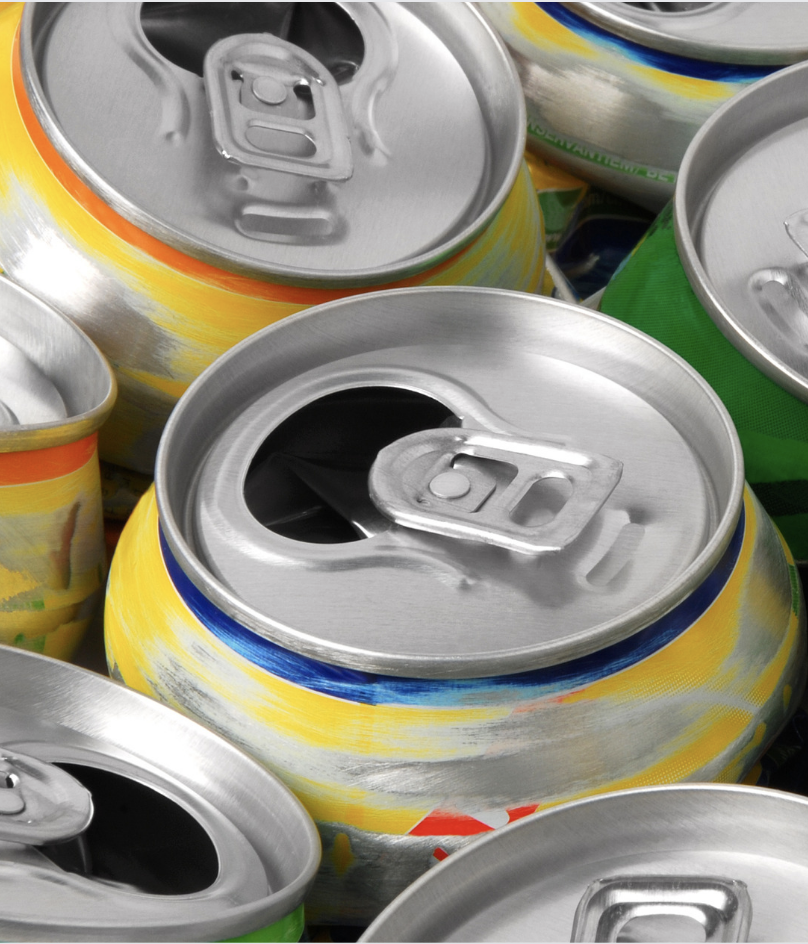
Category: Cooperative Extension

Can recycling help mitigate climate change?
July 26, 2023 Written by Kaneko Azuma, UD Extension Summer Scholar
For my summer Extension Scholar project, I am investigating the benefits of individual actions to address climate change, specifically here in Delaware. When asked in an informal poll about what people in Delaware do about climate change, many respondents shared that they do recycle! So, how does this recycling help address climate change?
Conserving energy
Recycling not only helps to reduce the amount of waste entering landfills, as composting does, but it also helps to save a considerable amount of energy and conserve our natural resources. For example, the energy used to make one aluminum can is equivalent to making 20 cans from recycled aluminum materials.

Making new products from virgin materials that we directly mine from the earth or harvest from the land and then process, manufacture, and transport is energy-intensive and strains our natural resources. Greenhouse gasses are emitted when nonrenewable energy sources like oil, natural gas, and coal are used. A better alternative would be to ues renewable energy sources like wind, solar, hydroelectric or geothermal sources.
Reducing greenhouse gasses
Using recycled materials is much better for the environment because it minimizes the impact on the earth and reduces the amount of greenhouse gasses emitted. Thus, while keeping your recyclable waste out of the trash stream is good for the environment and the climate, it is also essential for us to be educated and informed consumers so that we purchase products made of recycled materials. By doing so, we further help to reduce greenhouse gas emissions and help to mitigate (or reduce the effects of) climate change.
However, one of the problems we face today in the United States is that many people do not know how to recycle properly: Even though 75% of our waste is recyclable, we only recycle 34% of recyclable materials.
People regularly place non-recyclable materials into recycling bins. According to DSWA, when non-recyclable materials are sent to recycling facilities, they contaminate the recycling stream and result in what could have been materials sent to be recycled getting sent to landfills instead. This means we are missing opportunities to collectively address climate change.

Improving knowledge
To cut the vicious circle of creating waste, acquiring appropriate knowledge about recycling is very important. In Delaware, we use single-stream recycling. All recyclable materials should be put into the same recycling bin. It is important, too, to roughly wash the things so that they will not contaminate other materials and keep the lids on.
You can learn more about the recycling process and what materials are accespted in your area with these resources from the Delaware Solid Waste Authority.
